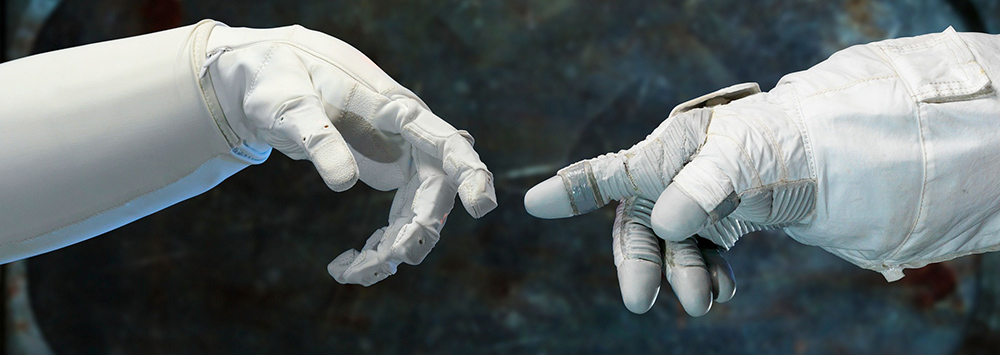
AI, Consciousness and Robotics
Thanks to advances in machine learning artificial intelligence (AI) has been much in the news recently: a super-intelligent AI might bring great benefits to humanity, it could also pose a significant threat. These scientific developments give rise to a number of philosophical challenges.
Differing leading positions in contemporary philosophy of mind have very different implications for the very possibility of computer consciousness and computer intelligence. On a practical level, what ethical principles should be programmed into driverless cars or autonomous weapons? How much freedom should robots be given?
Publications
Dainton, B. “On Simulations and Singularities”, Journal of Consciousness Studies (Special Issue on The Singularity), 2012
Dainton, B. The Phenomenal Self, Oxford University Press 2008
Gaskin, R. “A Defence of the Resemblance Meaning of ‘What it’s like’”, Mind, 2017
Gow, L. “The Limitations of Perceptual Transparency”, Philosophical Quarterly, 2016
Gow, L. “Colour”, Philosophy Compass, 2014
Hauskeller, M. Sex and the Posthuman Condition, London: Palgrave Macmillan, 2014.
Hauskeller, M. “Automatic Sweethearts for Transhumanists”, in: John Danaher & Neil McArthur, Robot Sex. Social and Ethical Implications, Harvard: MIT Presls 2017
Hauskeller, M. “What Is It Like to Be a Bot? SF and the Morality of Intelligent Machines”. Forthcoming in Minding the Future. Contemporary Issues in Artificial Intelligence, eds. B. Dainton, W. Slocombe, and A. Tanyi, New York: Springer 2021.
Wiseman, R. 2008 “Private Objects and the Myth of the Given”, Philosophical Topics, 2009